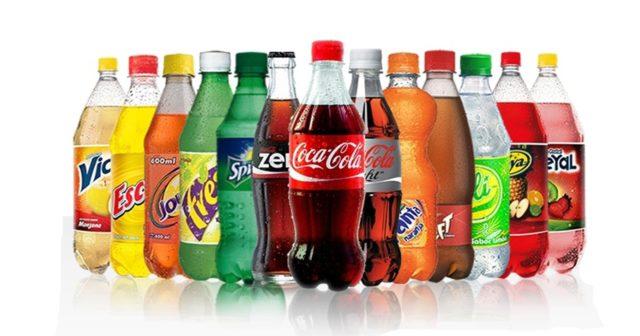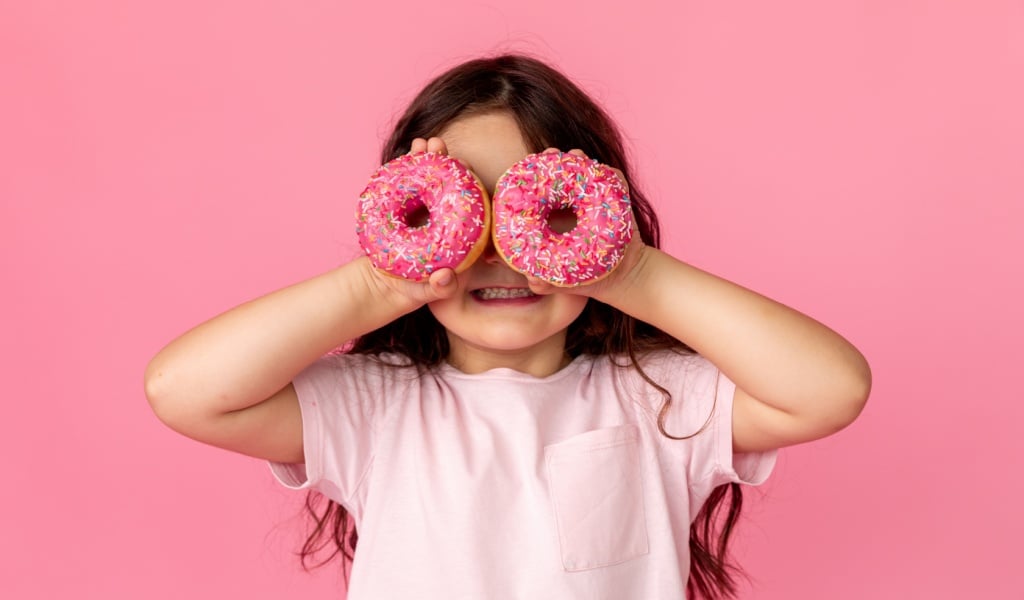While the rise of the 20th century has seen its fair share of food-related health issues, in many ways, it has also been the era of health consciousness. These days, everybody is aware of what they should eat, and what foods may cause harm to their bodies, regardless of whether they choose to follow it or not.
A lot of people strive to eat right and exercise, to keep their bodies healthy and fit. Societal beauty standards have also played a big part in this increase of body-conscious people. The modern era has seen rise of many new methods of keeping fit, and has made exercising ‘fun’ so more people go to classes like Zumba and CrossFit. Other age old methods like yoga and running have also gained more popularity.
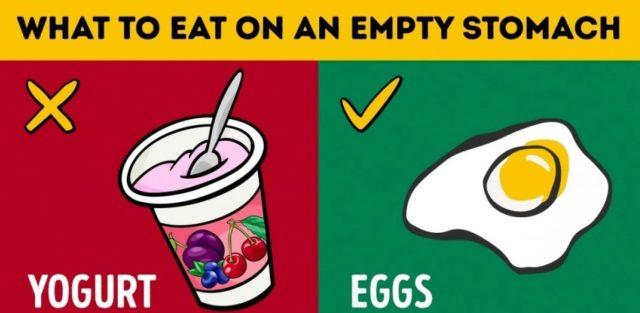
And with all of this exercise comes the food. People try to avoid food high in calories and incorporate more foods that are beneficial to their health. You can see many more people stick to salads than order the burger. There has also been an increase in the demand for organic foods, fruits and vegetables.
Well, that’s all good, right? The answer to that is yes, but an addendum to that answer is that people also need to educate themselves and plan their meals carefully so that the food they think is good for them doesn’t end up being bad for them. Have you heard the phrase ‘there’s a time and place for everything’? That age-old saying applies to certain foods as well. So, here’s a list of foods that you should and should not eat on an empty stomach.
Foods Safe to Eat on An Empty Stomach
Oatmeal
Oatmeal contains high levels of fiber and is rich in nutrients, this helps lower cholesterol levels, and regulate digestion. It is also gluten-free, which will help keep you away from those nasty carbohydrates. This makes oatmeal the perfect breakfast dish!
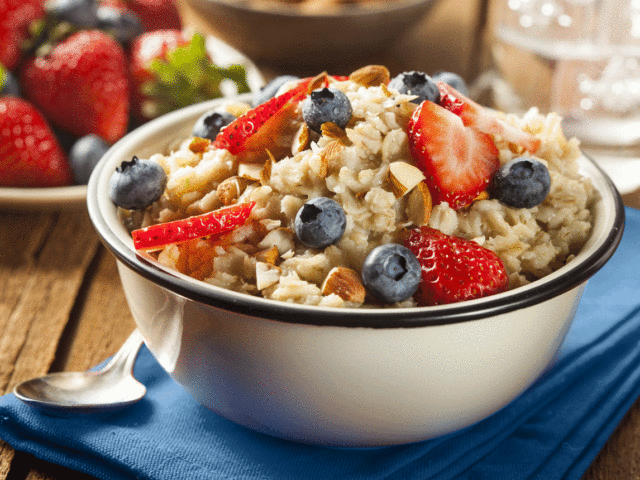
Buckwheat
Buckwheat is a great source of protein, vitamins and iron. It is very filling and nourishing so you won’t feel hungry until your next meal. It can also replace, rice, and wheat-based foods. Buckwheat also helps your digestive system, and so if you’re having some trouble in the toilet, you know what to eat!
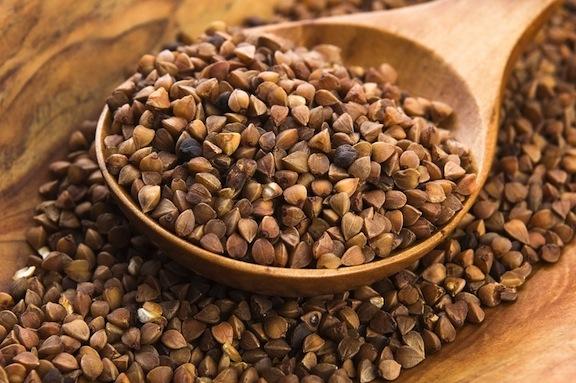
Cornmeal porridge
Cornmeal is also a filling meal that provides your body with much needed phosphorus, iron, and dietary fiber. It also contains carbohydrates, and while carbs are generally bad for you, some carbohydrates are good. Eating some cornmeal porridge in the morning will help flush out the toxins in your body and normalize intestinal microflora. It can also replace the wheat in your diet.
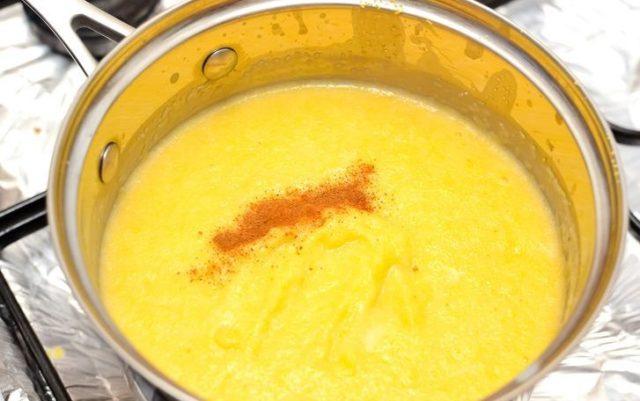
Eggs
Eggs are rich in nutrients such as proteins, vitamins, minerals, and good fats. They are also relatively low in calories and give you a big energy boost at the start of the day.
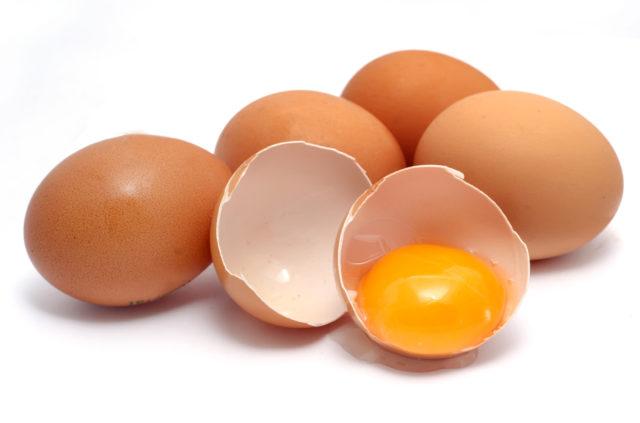
Whole-grain Bread
Ditch the whole-wheat for whole-grain, and you don’t have to completely give up that delicious, delicious bread. Not only that, but whole-grain has high levels of nutrients such as protein, fiber, B vitamins, antioxidants, and minerals like iron, zinc, copper, and magnesium. Incorporating whole-grain into your diet can also help reduce your risk of heart health issues, diabetes, obesity, and some types of cancer.
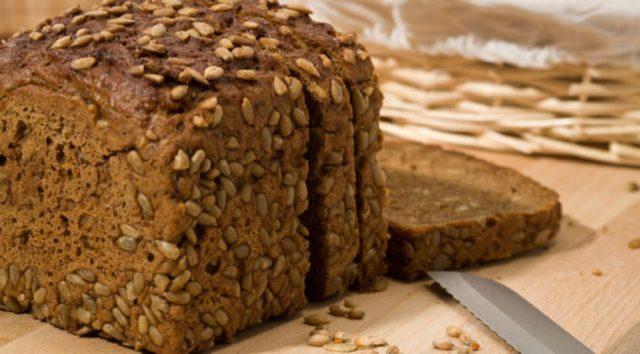
Foods to Avoid on An Empty Stomach
Sugary Desserts
Sugar, although delicious, is loaded with useless calories, not very good for our health, and invites a whole host of diseases to our body. But it can be exceptionally detrimental when eaten on an empty stomach, causing insulin levels to increase, which can end up affecting the pancreas, or even be the cause of diabetes.

Yogurt and similar fermented milk-based foods
Yoghurt, while usually a good food to add to our diets, is not very suitable to be consumed on an empty stomach. This is because the natural acidic state of yoghurt could cause damage to the lining of the stomach, and cause stomach ulcers.
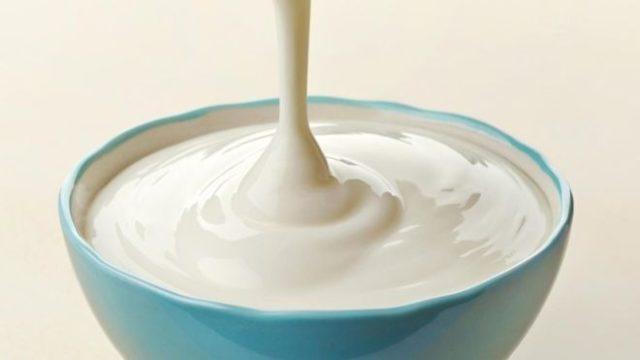
Pears
While fruits in general are best said to be eaten on an empty stomach to absorb the full benefits they offer, pears are an exception to that rule. Tough fibers that are present in a pear can damage the soft membranes of our stomach if there is nothing else in it.
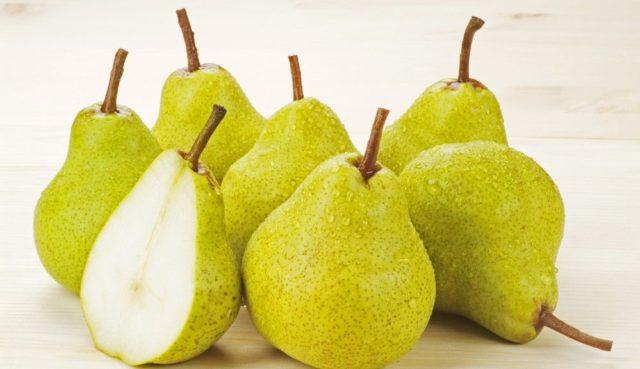
Tomatoes
Tomatoes are pretty acidic in nature, and contain high levels of a particular type called tannic acid. This can cause the acidity in our stomachs to increase and even lead to gastric ulcers.
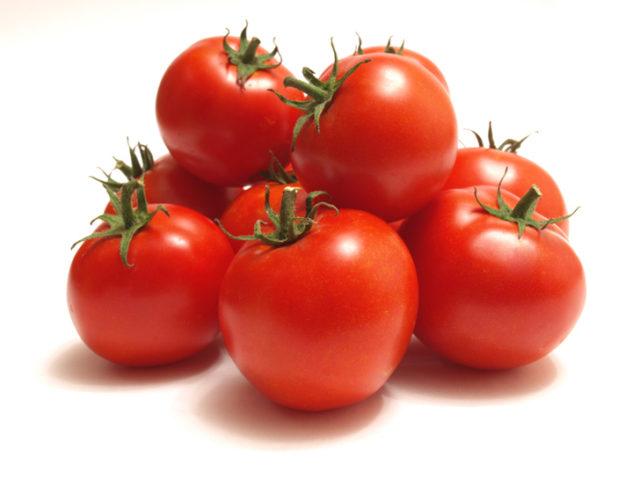
Cold carbonated drinks
Carbonated drinks are largely best avoided if you want to maintain a healthy diet. But were all humans, and we have cravings. So if you must have a bottle of cold carbonated soda, makes sure it’s not on an empty stomach, because this can cause the food you ingest after it to be digested incorrectly, damage your inner organs, and cause blood supply to slow down.
